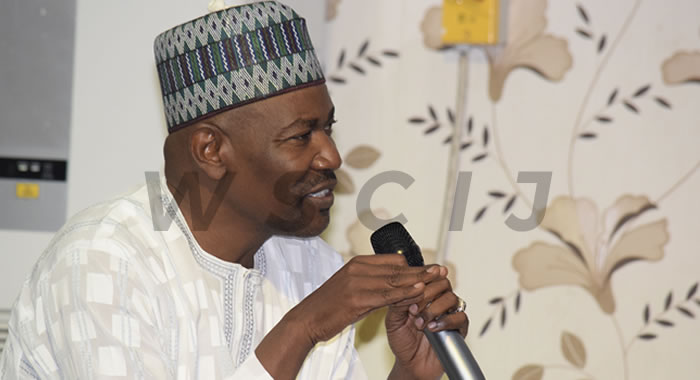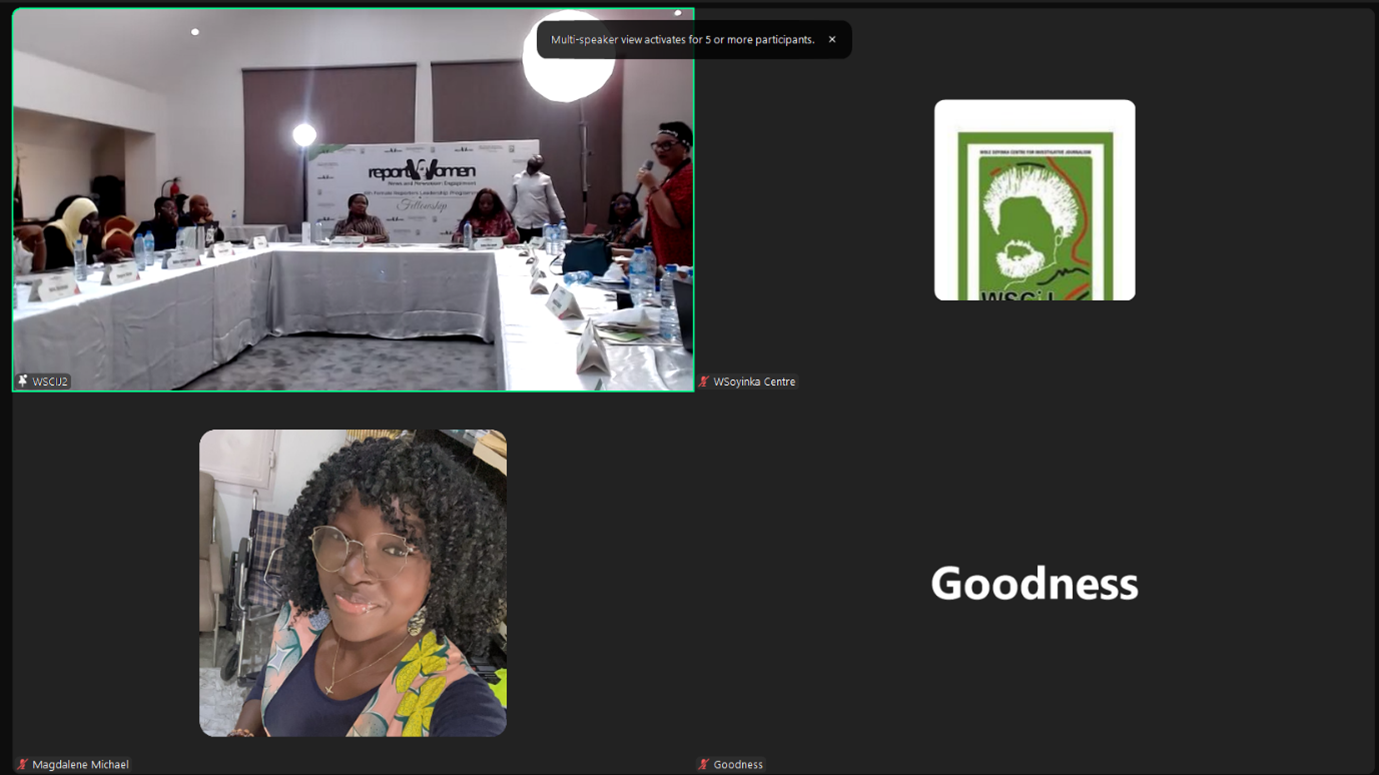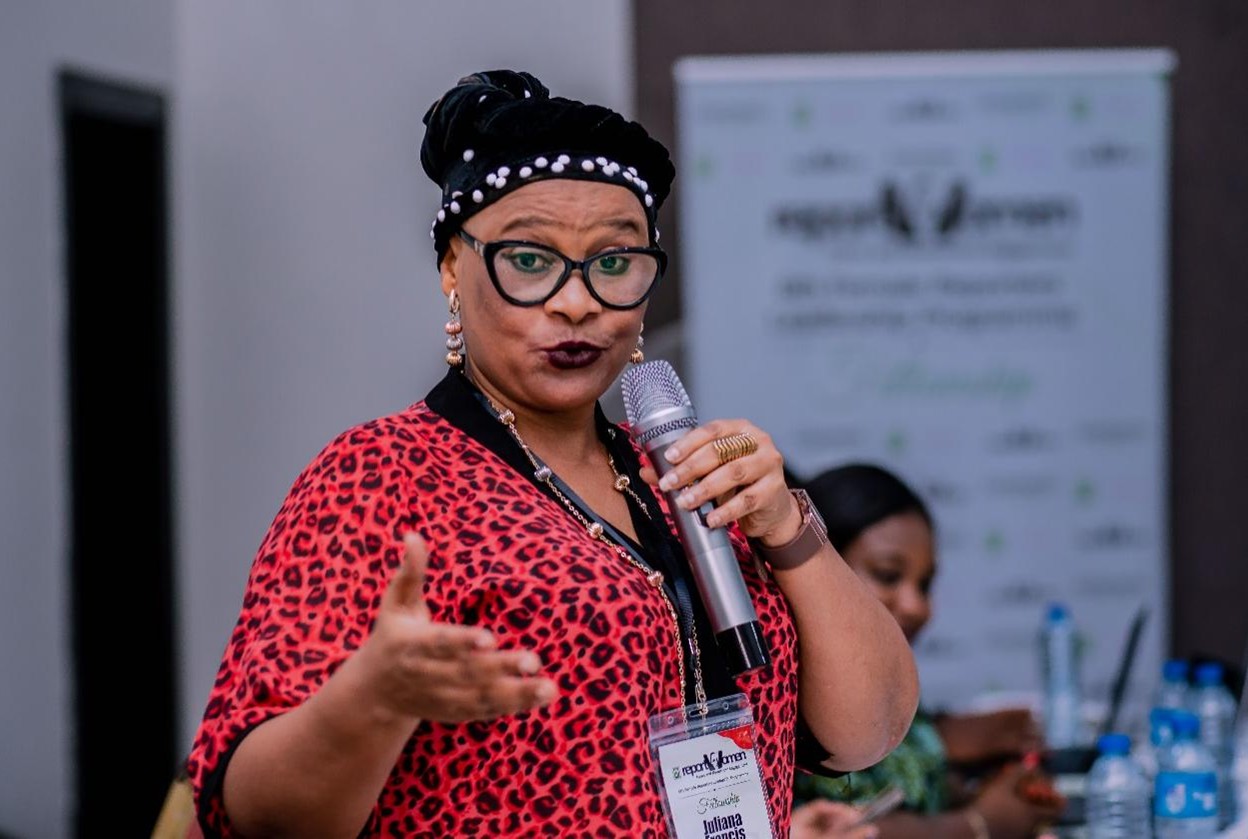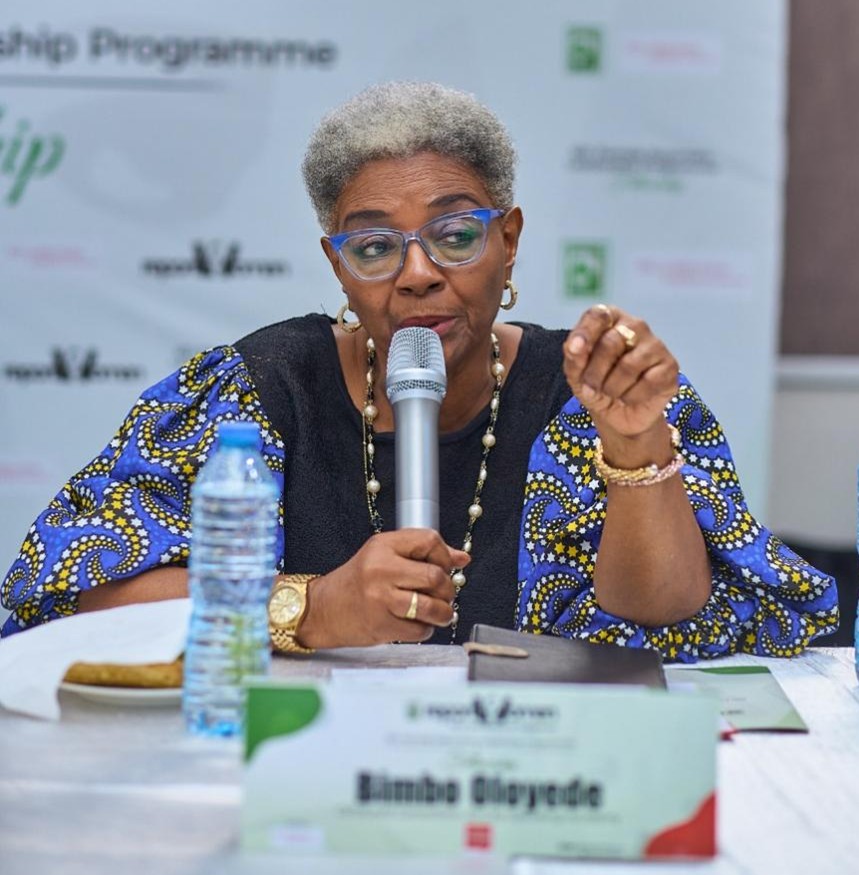Umaru Pate, Pioneer Dean, Faculty of Communication, Bayero University, Kano blamed the Boko Haram conflict and other conflicts in the north-eastern part of the country on the collapse of the local government system and the radio system in the country. Pate made this observation while discussing at the tenth Wole Soyinka Centre Media Lecture Series held in Lagos on Friday 13 July, in commemoration of the 84th birthday of Wole Soyinka, Africa’s first Nobel Laureate in Literature.
The professor of Media and Society lamented the breakdown of the local government system in the country and urged Nigerians to hold government at the local and state level accountable. “The governors corner the resources and what you have is a lot of unemployment, a lot of poverty and a lot of sufferings at the lower level. I can tell you that one of the fundamental causes of the Boko Haram crisis in this country is the collapse of the local government system,” he said.
“The chairman in the past could exercise a lot of authority on a number of issues. Take this issue of farmer-herders conflict; this is not new in Nigeria. It has been happening over the years. But a councillor at the local government, a district head at the lowest level could handle this crisis”, he added.
Speaking on the collapse of the radio system in the country. He said, “We have about 400 radio stations today in this country, but most of them are on the Frequency Modulation (FM) transmitters, and because they are on FM, anything that is happening in Lagos is only within Lagos. In the past, we had the FRCN transmitters. From here, it could be broadcast to the whole country, but all the FRCN transmitters are dead.”
Explaining that many parts in the country’s north are only covered by the British Broadcasting Corporation (BBC) and other external radio stations given the distance limitation of FM transmission, he pushed for the reactivation of national broadcast system in the interest of national security.








